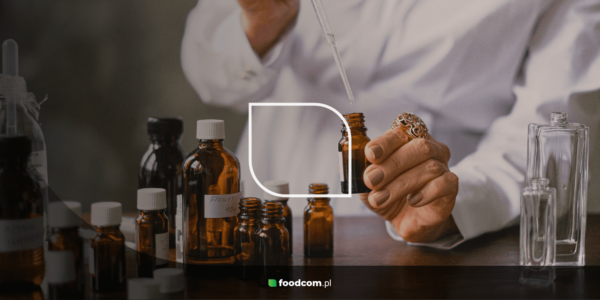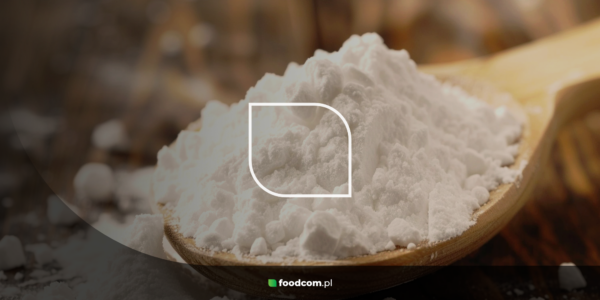Orthophenylphenol sodium (E232) – what is it?
Orthophenylphenol sodium, also known as E232, is a synthetic chemical compound used as a preservative in the food industry. It is a sodium salt derived from orthophenylphenol, an ingredient with antiseptic and fungicidal properties, making it effective in preventing the growth of microorganisms and mold in food products.
This substance is particularly valued for its effectiveness in preserving the freshness and extending the shelf life of food, without affecting its taste, smell or color. Thanks to these properties, E232 is widely used in various sectors of the food industry.
Properties of orthophenylphenol sodium salt
E232 is distinguished by its high effectiveness in inhibiting the growth of bacteria, mold and yeast, which helps maintain food quality and safety. It is a chemically stable substance, which allows it to be used over a wide temperature range, which is crucial in food storage and transportation processes. In addition, orthophenylphenol sodium is water-soluble, which facilitates its application to food products.
Applications of orthophenylphenol sodium salt
The compound is mainly used as a preservative in fruit and vegetable preparations, as well as in some beverages and bakery products. It is also used in the surface treatment of eggshells to prevent bacterial contamination and in protecting food packaging from microorganisms. E232 can also be used in the cosmetic and pharmaceutical industries as a preservative.
Where to buy orthophenylphenol sodium?
E232 is available to both industrial manufacturers and individual consumers. It can be purchased through specialty food additive stores, industrial chemical suppliers and through online shopping platforms. When purchasing, it’s important to look out for certifications and approvals that confirm the safety and quality of the product.
Orthophenylphenol sodium and its functions in food
In the food industry, E232 plays a key role as a preservative, preventing food from spoiling and extending its shelf life. By inhibiting the growth of harmful microorganisms, it not only protects the product from spoilage, but also helps preserve its nutritional and organoleptic values. This is particularly important in the context of the global food supply chain, where high shelf life of food products is required.





